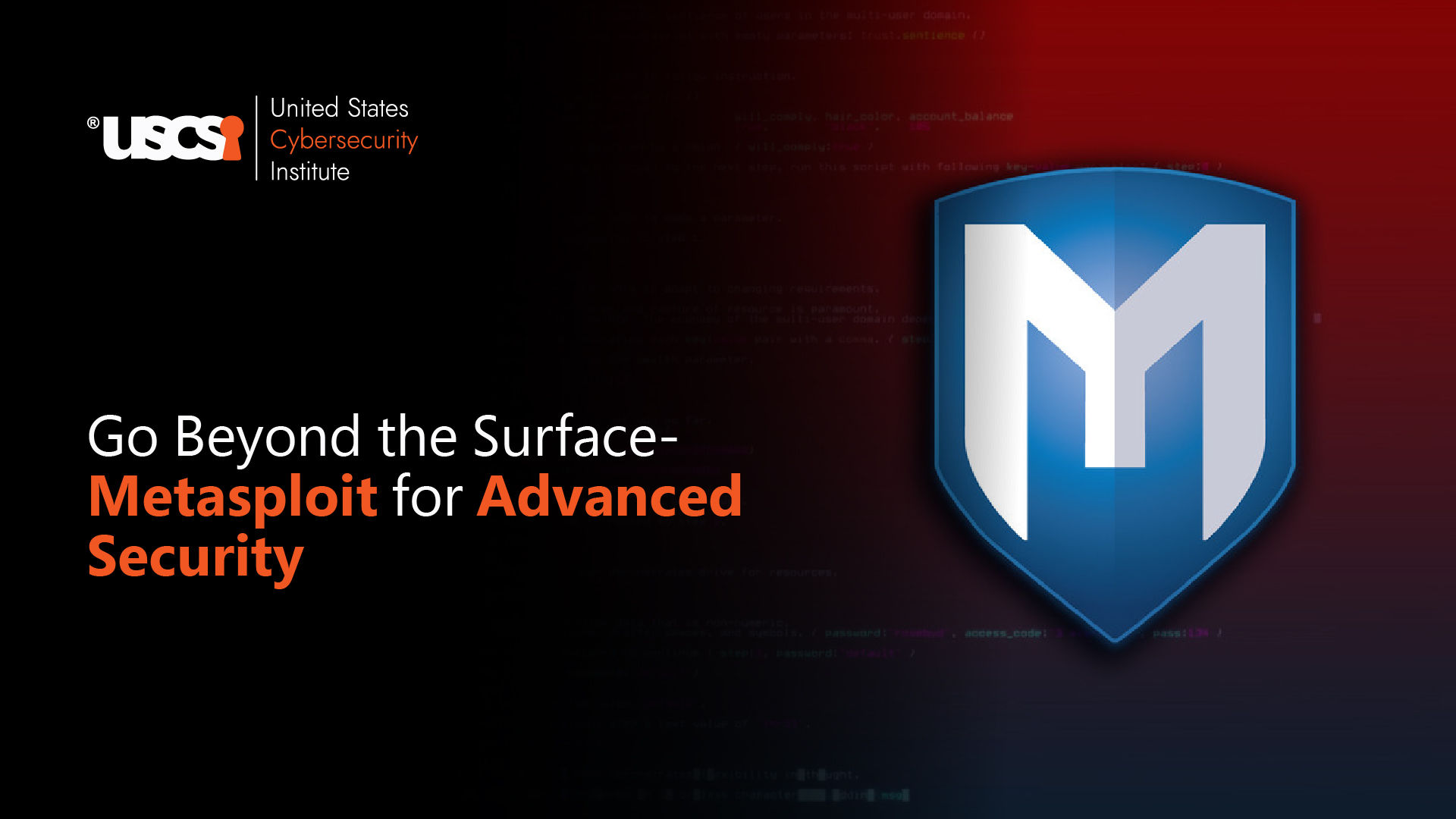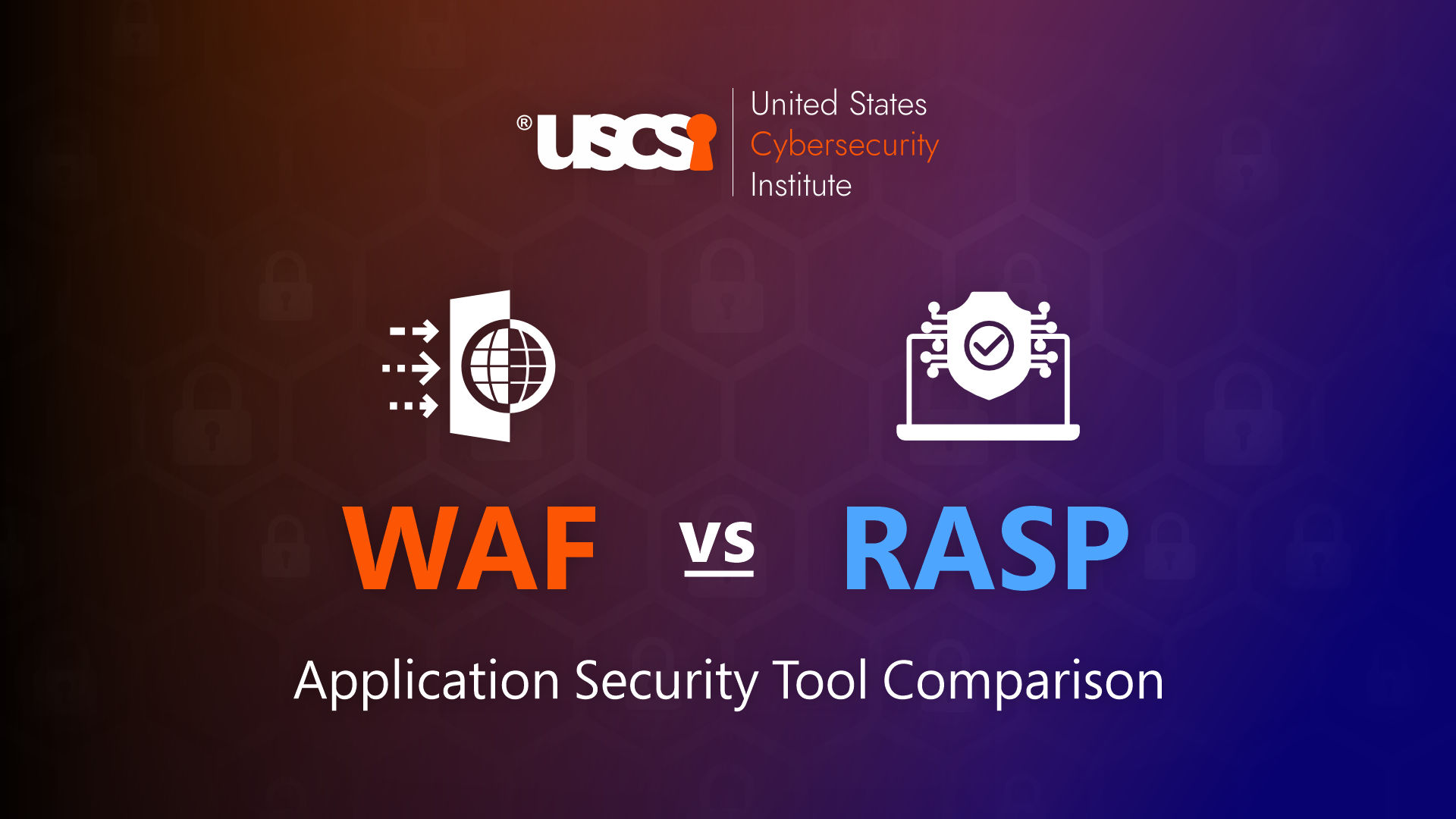

Development, Security, and Operations: A Brief Guide on DevSecOps
With a number of companies into software development flooding up, it has become necessary for organizations to find developers who can maintain the delicate balance between speed and security. Traditional development processes, though effective, were not fool proof against different types of cyberthreats as they couldn’t integrate effective security measures properly, leading to vulnerabilities that can arise right during the production phase. This gave rise to DevSecOps.
DevSecOps (Development, Security, and Operations) refers to the process of integrating security practices within the software development lifecycle. The entire process is a collaborative effort by development, cybersecurity professionals, and the operations team, to deliver secured software at a faster pace.
In the past few years, DevSecOps has seen an increased adoption. According to Verified Market Research, the DevSecOps market is estimated to reach a value of $16.2 billion by 2030 growing at a CAGR of 17.8%. 74% of organizations are now implementing DevSecOps which indicates growing adoption.
Need for Security in DevOps
There are many reasons that gave rise to the need for security in the software development processes. The cyberthreats are becoming more innovative and sophisticated day by day introducing great risk of exploitation in the software industry. Now, every operation relies on software, and cyber criminals find it the most easy target to attack.
But with the integration of security in DevOps, many challenges can be addressed such as:
- Protection against a variety of cyberthreats
- Protection of sensitive data from exploitation
- Compliance with regulations
- Maintaining brand reputation
- Minimizing financial loss, etc.
What do DevSecOps Professionals do?
DevSecOps professionals are experts in Development, Security, and Operations. For students and professionals looking to get into a cybersecurity career, this could be a rewarding choice seeing its growth in recent years. These professionals are responsible for ensuring security in the software development process. This might include automating scans, verifying codes, and developing security protocols.
DevSecOps professionals work in collaboration with operations employees and developers and ensure the software is developed in a safe and secure environment with continuous monitoring and the teams design security into the software right from the beginning.
Principles of DevSecOps
Shift-left Security is the ideology behind the birth of DevSecOps, i.e., security should start from the beginning and shouldn’t be left at the endpoint. So, cybersecurity professionals need to ensure safety and security at each step of the software development requiring continuous monitoring. Below mentioned are the key principles that ensure security in software development:
- Automation: This step automates repetitive security practices like vulnerability testing, scanning, configuration management, etc.
- Continuous Monitoring: By monitoring the entire software development process continuously, DevSecOps professionals ensure security controls can be assessed and adjusted whenever required.
- Cross-functional collaboration: Encourages knowledge sharing by collaborating with professionals from different domains and enhances a holistic security approach.
Benefits of DevSecOps
Here, let us have a look at some of the benefits DevSecOps offers to organizations:
- Enhanced Security
As the process proactively scans and addresses vulnerabilities throughout the development, DevSecOps professionals can reduce the risk of security breaches and data leaks
- Faster Delivery
By automating security tasks and integrating them into the development workflow, delays are prevented which are associated with traditional security checking processes.
- Improves Collaboration
DevSecOps encourages collaboration between different departments like security, operations, and development, within an organization, that enhances better communication and understanding of security needs.
- Reduces Cost
Early detection and mitigation of vulnerabilities reduce the need for costly security fixes and incident response measures later in the development process.
Important tools in DevSecOps
These are some of the important DevSecOps tools used by cybersecurity professionals:
- Statis Application Security Testing (SAST) Tools: SonarQube, Checkmarx, Fortify, Veracode
- Dynamic Application Security Testing (DAST) Tools: OWASP ZAP, Burp Suite, Acunetix, WebInspect
- Software Composition Analysis (SCA) Tools: Sonatype Nexus Lifecycle, Black Duck by Synopsys, WhiteSource, Snyk
How to start a career in DevSecOps?
Getting a specialized college degree can be beneficial including a major in research. You can choose your career goal and consider a degree focused on cybersecurity or software development.
Getting into a DevSecOps career requires significant experience and it is the first and foremost thing cybersecurity professionals must try to secure. If you are a software developer, you can gain coding and developing experience. If you are an operations or cybersecurity professional, you can learn about using business tools, systems, and processes to manage and secure software applications.
Validating your DevSecOps skills with top cybersecurity certifications can further help you advance in this career path.
Types of Jobs in DevSecOps
These are some of the popular DevSecOps job roles in this domain along with their annual average salary in the US (as per Glassdoor):
- DevSecOps Engineer: $96,000
- DevSecOps Software Engineer: $101,752
- Cloud Security Engineer: $144,508
- Cloud and DevSecOps Architect: $111,017
- DevSecOps Lead: $140, 012
Conclusion
DevOps has got huge traction in the past few years and DevSecOps has added additional value to it. With more and more organizations understanding the need for security in the software development process, they are looking for skilled, qualified, and certified DevSecOps professionals.
This cybersecurity career path is highly rewarding. So, it is recommended to get the necessary education, earn experience, validate your skills and expertise with the best cybersecurity certification, and ace this career path.





